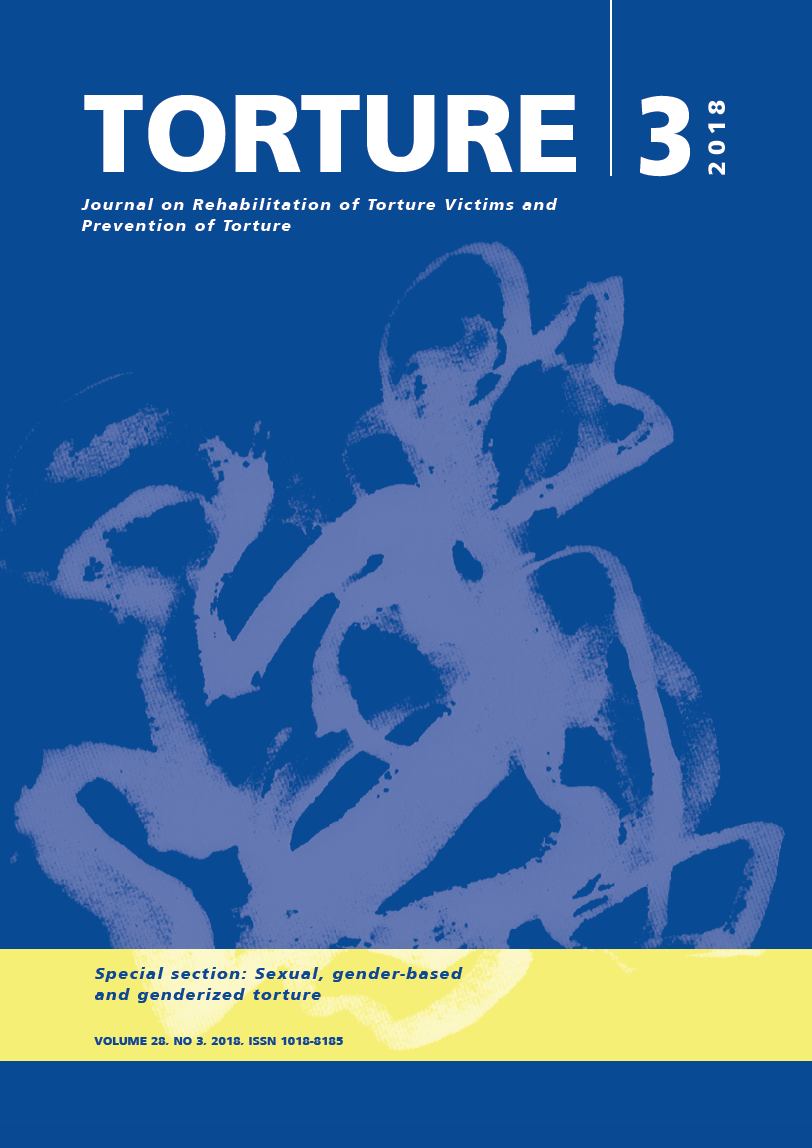Addressing occupational stress among health staff in non-government controlled Northern Syria: Supporting resilience in a dangerous workplace
DOI:
https://doi.org/10.7146/torture.v28i3.111200Keywords:
Torture, occupational stress, compassion fatigue, refugees, stress disorders, traumaticAbstract
Introduction: Syrian medical staff working in non-government controlled areas of Syria operate in situations that expose them to great personal danger, while they must often face the same challenges as the people they help. Supporting the wellbeing of these staff is crucial to the operation of health services for internally displaced Syrians given the large-scale destruction of healthcare infrastructure. Methods: Findings from a staffcare programme designed by a grassroots Syrian psychosocial organisation in Southern Turkey and implemented in a medical nongovernment organisation in Idlib in Northern Syria are presented. An iterative and collaborative process employed individual, team and organisational level consultation to identify occupational stresses within the workplace. A six-month programme involved group sessions across eight sites with 56 staff working in three primary health clinics, two mobile teams and one sexual and reproductive health clinic, serving eight internally displaced persons camps in Idlib. Results: Following the programme, staff reported significant reductions in role ambiguity, and improvements in the nature of their work, personal relationships with colleagues and superiors and physical conditions in the workplace. There were no significant differences in reported organisational structure or job satisfaction. Discussion: This evaluation of a grassroots programme, designed to address the expressed needs of displaced staff, suggests that reductions in daily living stresses can be achieved even in the context of ongoing crisis.
Downloads
Published
How to Cite
Issue
Section
License
We accept that some authors (e.g. government employees in some countries) are unable to transfer copyright. The Creative Commons Licence Attribution-NonCommercial-NoDerivatives 4.0 International (CC BY-NC-ND 4.0) covers both the Torture Journal and the IRCT web site. The publisher will not put any limitation on the personal freedom of the author to use material contained in the paper in other works which may be published, provided that acknowledgement is made to the original place of publication.


